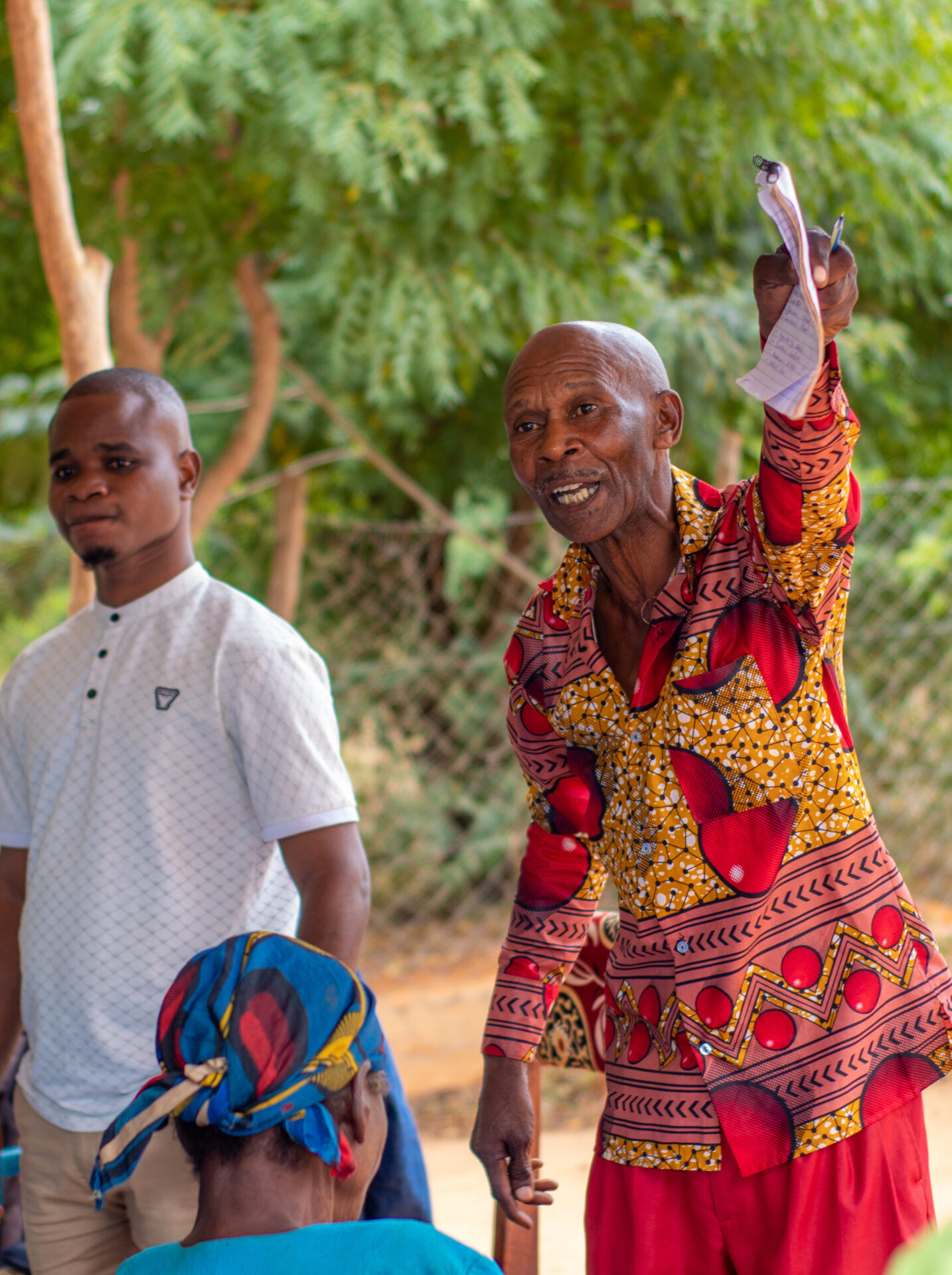Public participation should not be just a way of ticking a box
Communities in Lamu are united in its fervent opposition to the proposed coal plant that is to be established there. We went to the coastal town and met with various members of the community who were categorical in that they were not adequately consulted and that their views were not being considered. The effects on the fishing and agricultural industry in Lamu were the main reasons why the Lamu residents have been deadset against the establishment of the plan in their community.
On their part, the government contends that they held several public participation meetings in Lamu county even presenting sign-in sheets showing the participants. The challenge is that the consultations that were held in Lamu cannot be seen to be meaningful, given that the meetings were held far from where people were and many of the communities that should be consulted were not.
In our trip, we learnt that many communities will resist new or ongoing extractive activities unless they are satisfied that they will sufficiently benefit from such projects. Misunderstandings between communities and governments or industry are common within the extractive industry, this happens in instances where communities don’t see their views reflected in documents and final decisions, they feel they were not really consulted. There was no real meaningful public participation.
The term “meaningful” has started to appear in international standards for public consultation and stakeholder engagement or public participation that are applied to more frequently in the discourse of international standards or best practices in the extractive industries. This was what the tribunal observed was missing. “Meaningful” has been included in the UN Guiding Principles on Business and Human Rights (2011), the OECD Guidelines on Multinational Enterprises (2011) and the World Bank Safeguard Policies.
Meaningful public participation is synonymous with the concept of free prior and informed consent. Therefore consultation is meaningful if communities are informed about a planned project on time (before a project commences) if the information is given freely and appropriately; and if based on an analysis of this information, communities have the opportunity to give (or withhold) their consent for a project to go ahead.

Public participation is not just information sharing. It is important for communities to provide their input on the way things should be done, to help the government and industry to adapt their plans to minimise negative impacts and enhance positive opportunities, making it a win-win situation for all stakeholders concerned.
Recently the National Environment Tribunal ruled that a thorough assessment of the planned coal power plant in Lamu was not conducted. The tribunal effectively cancelled the license that was issued by the National Environmental and Management Authority (NEMA) and ordered the developer to undertake a new evaluation as they had failed to adequately consult the public about the initiative.
In making this decision, the tribunal was guided by the Rio Declaration on Environment and Development of 1992 which provided that environmental issues are “best handled with participation of all concerned citizens at the relevant level…” it also provides that every citizen “shall have appropriate access to information concerning the environment” including information on potential impacts of planned projects, whether positive or negative.
Such access to information is fundamental for citizens to exercise “meaningful” public participation. Public participation and subsequent decision making are at the core of operations for extractive companies, governments and all stakeholders within the sector. Public participation and decision making is pertinent for companies to secure a social license to operate.
One expects that the investors in the coal plant will seek a mulligan and try to get the NEMA licence again. It should be expected that they will take the effort to meaningfully engage the community.













